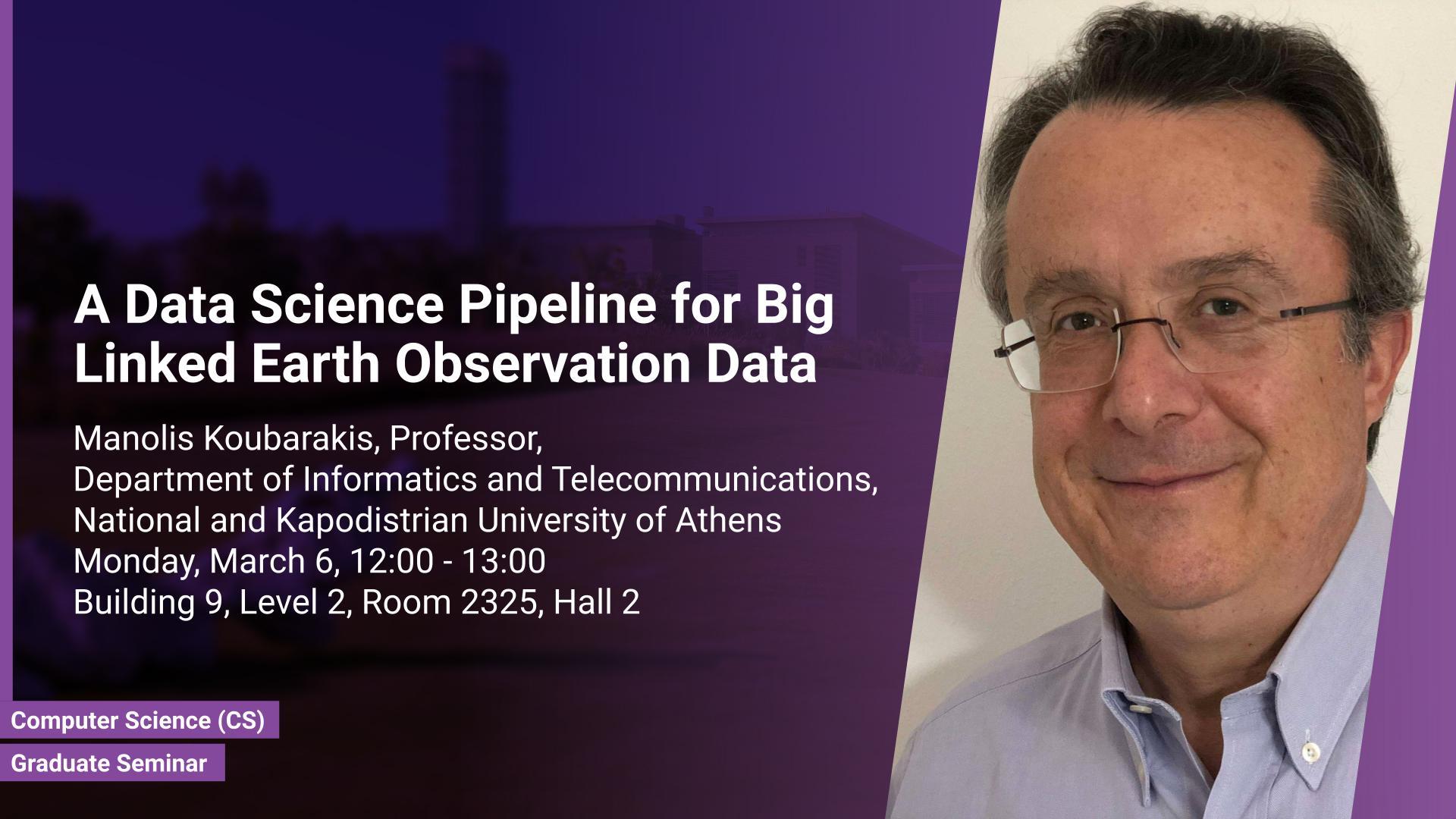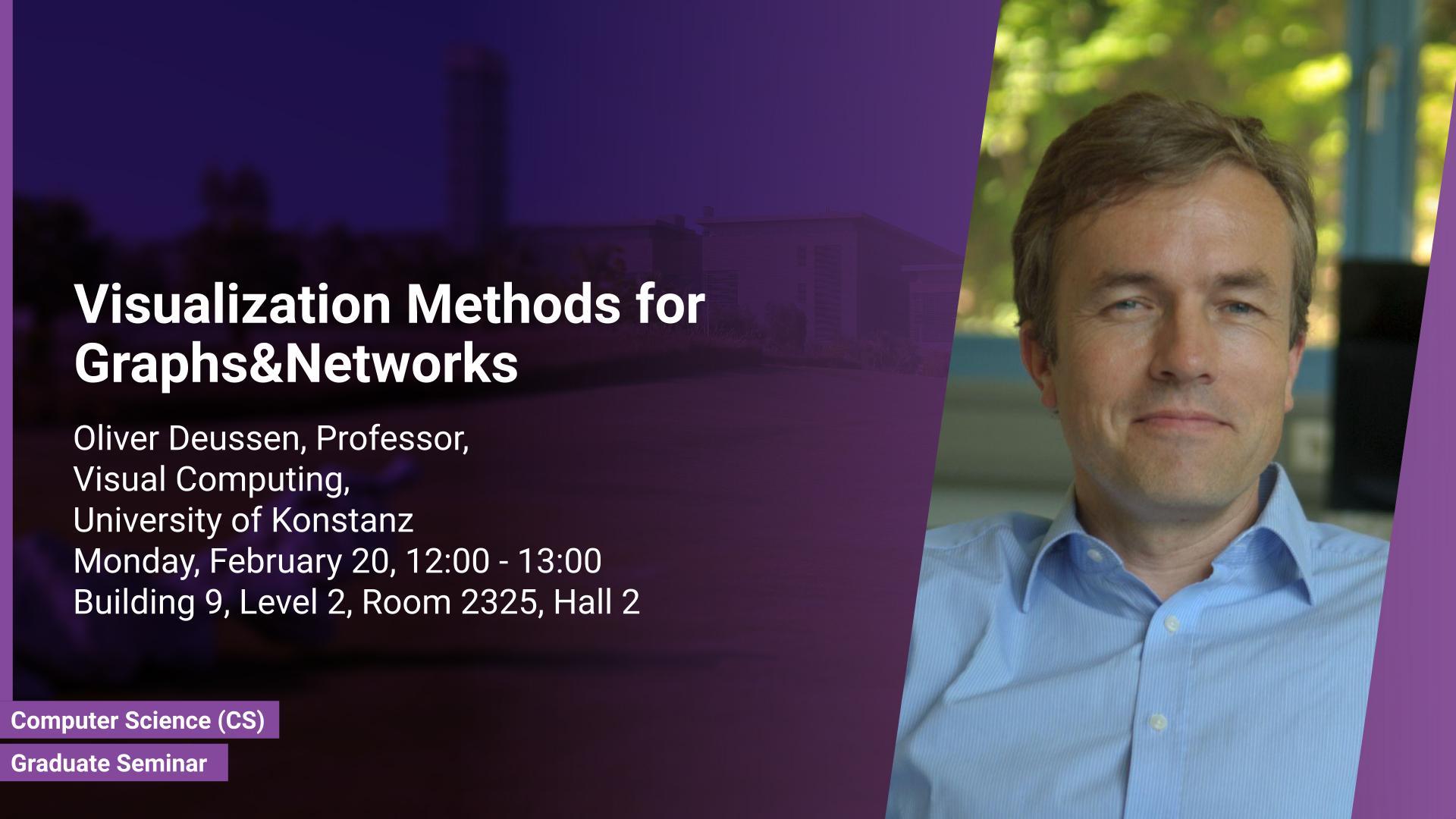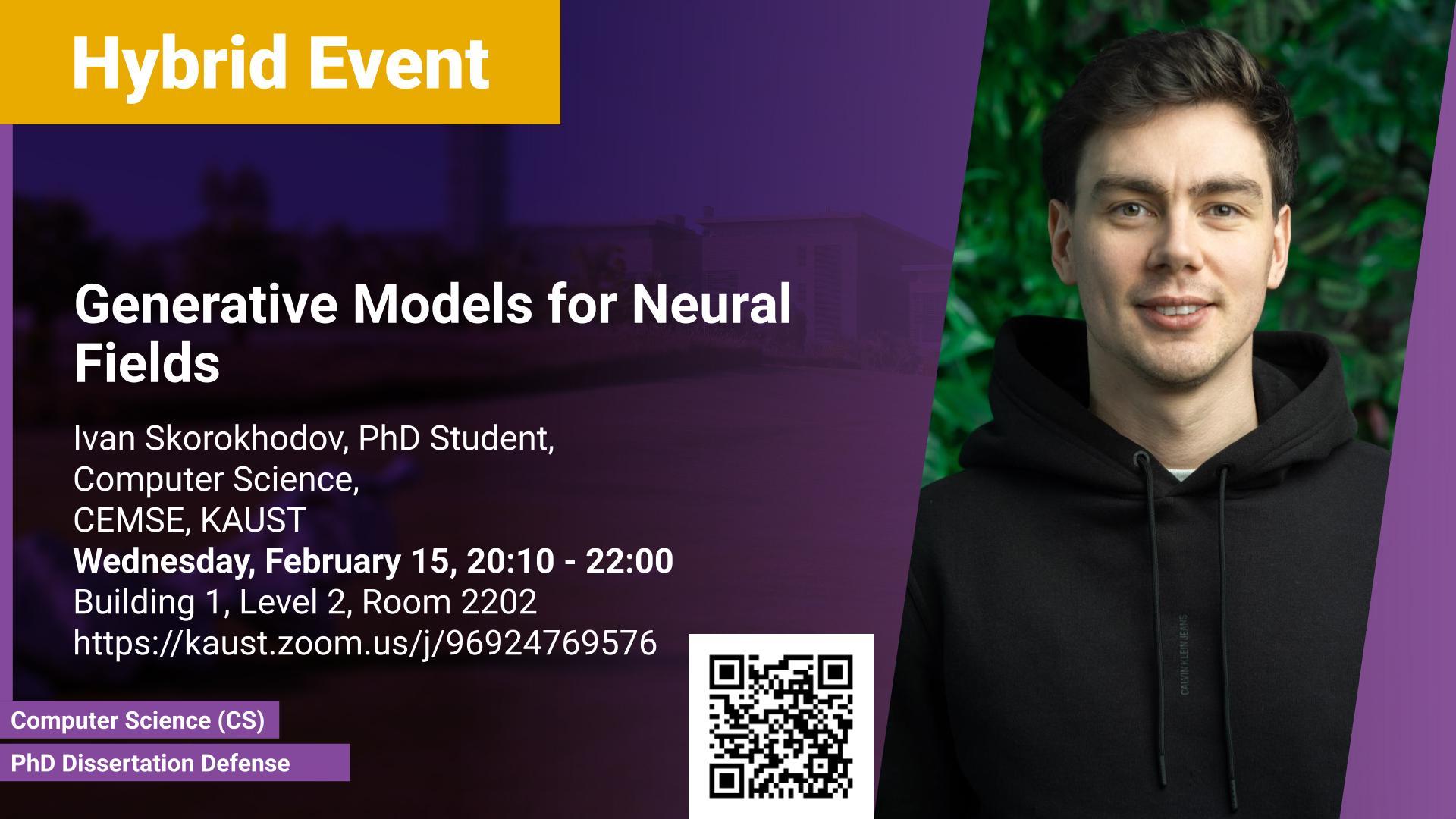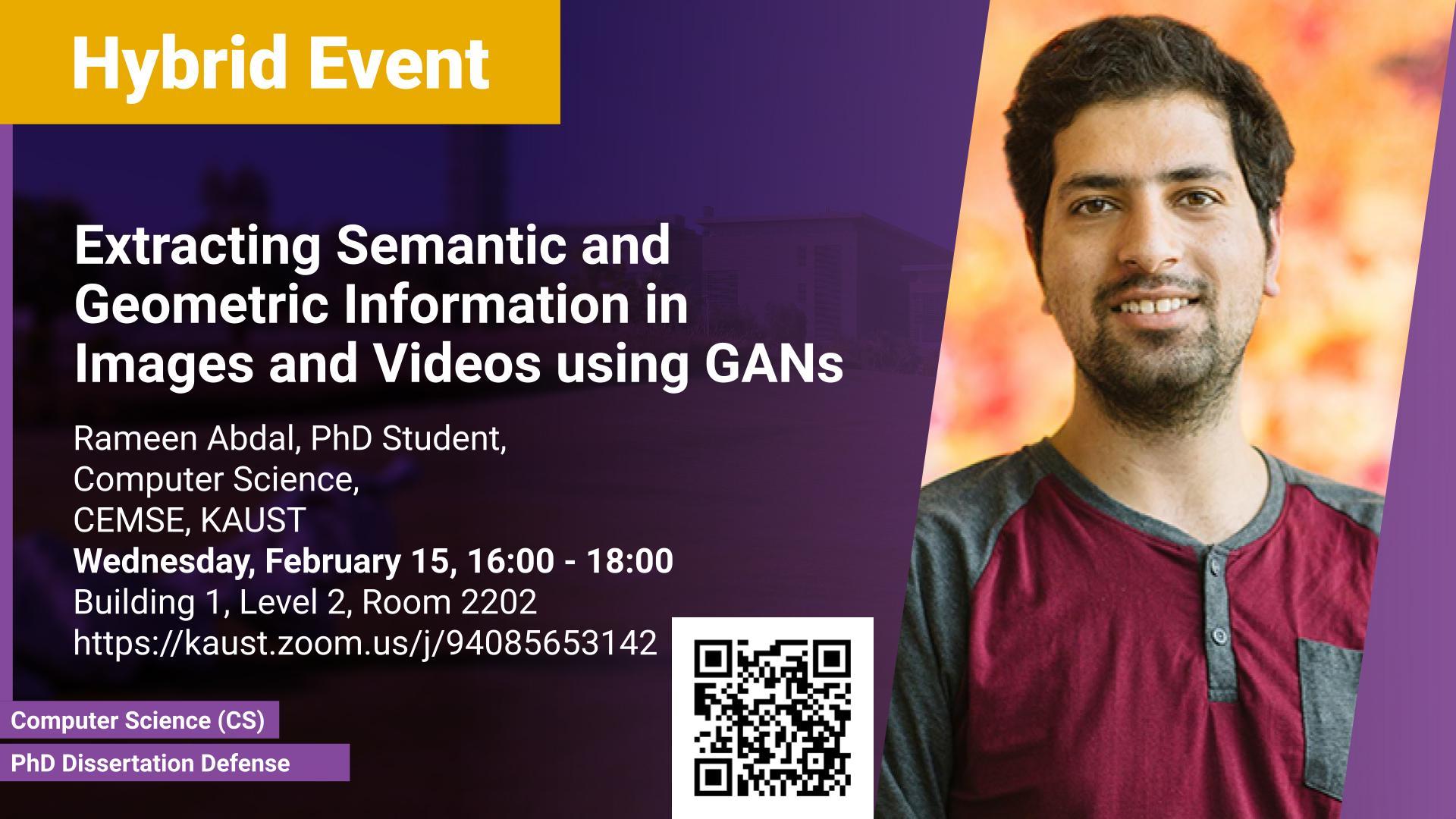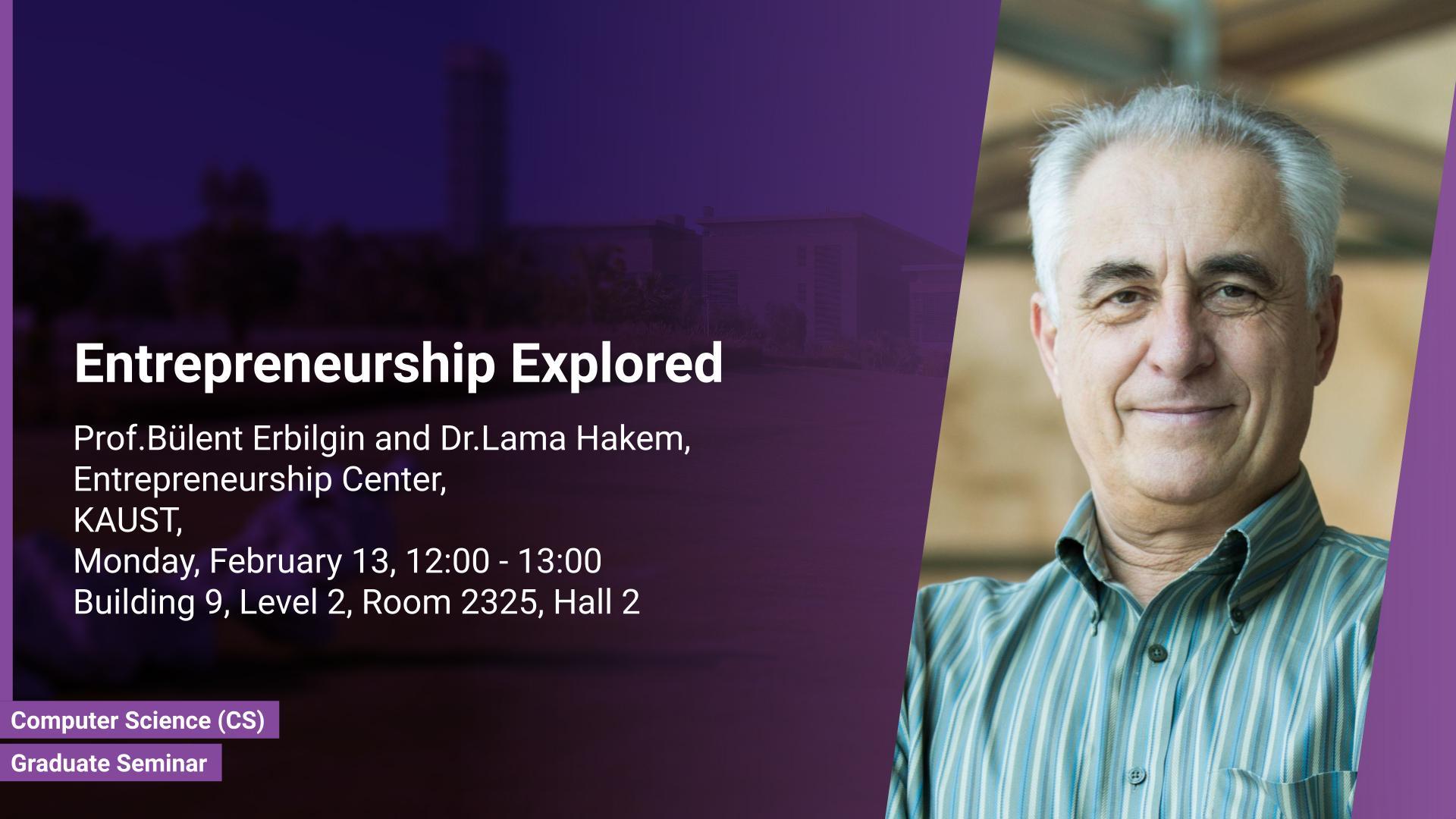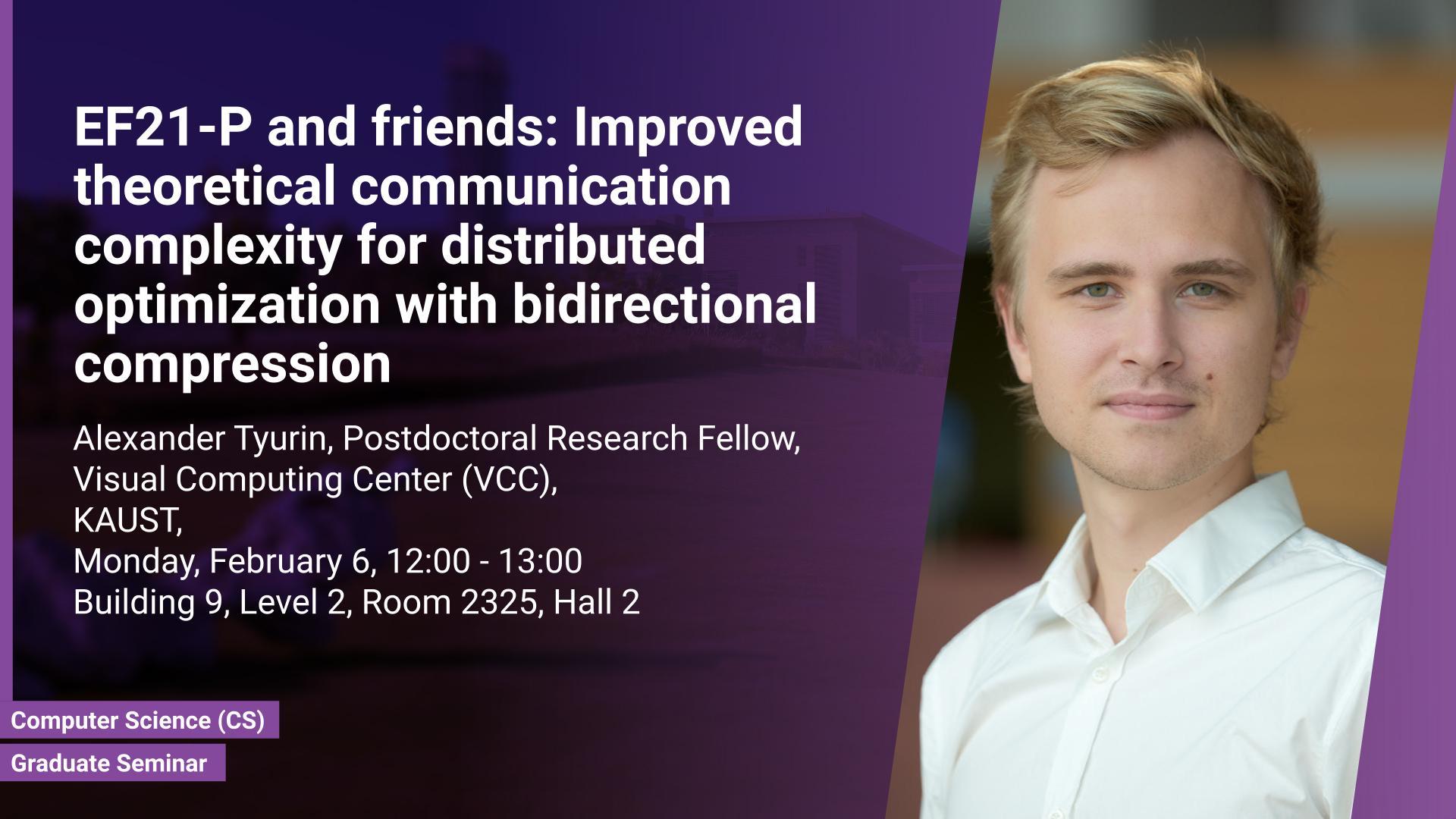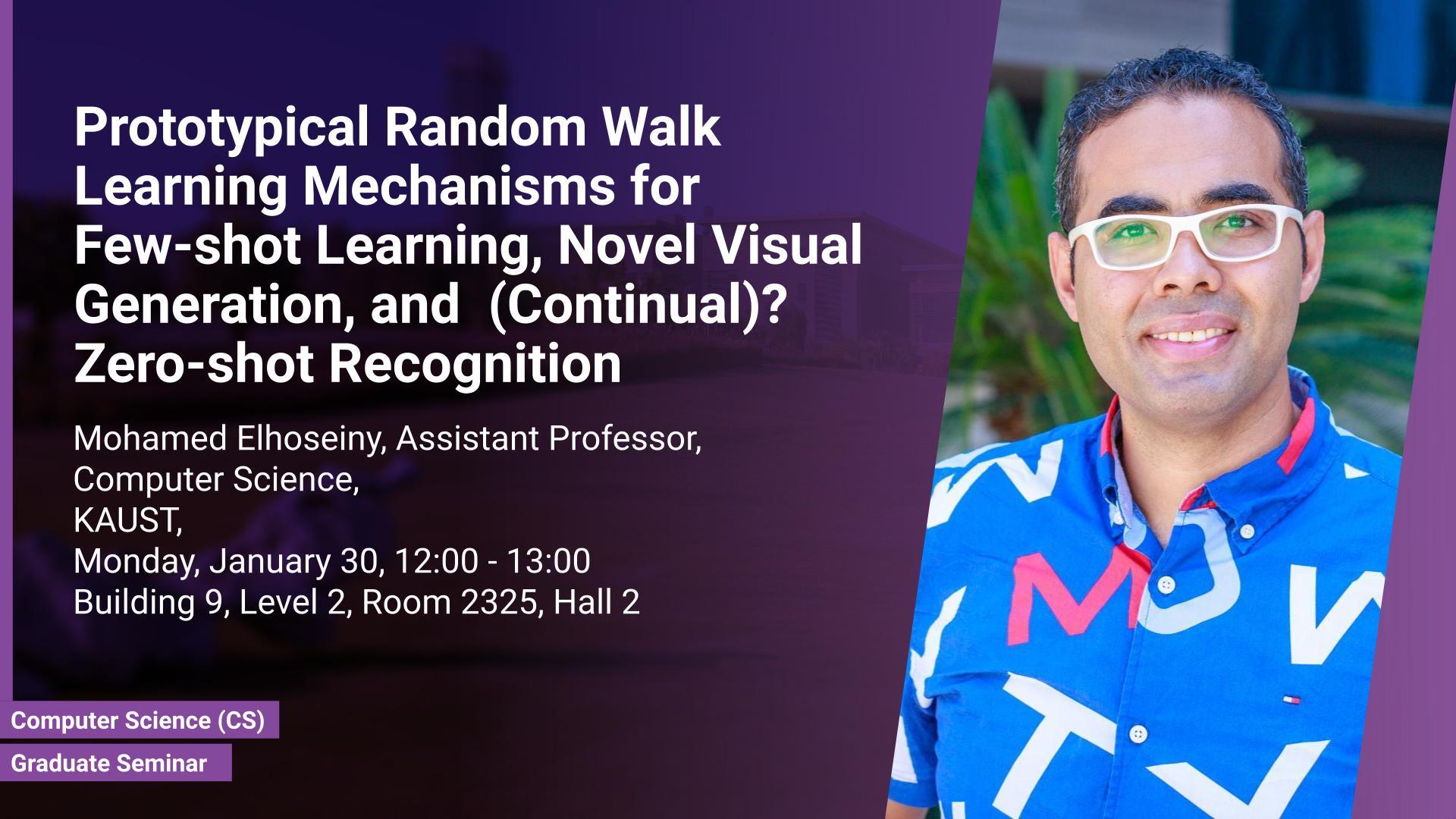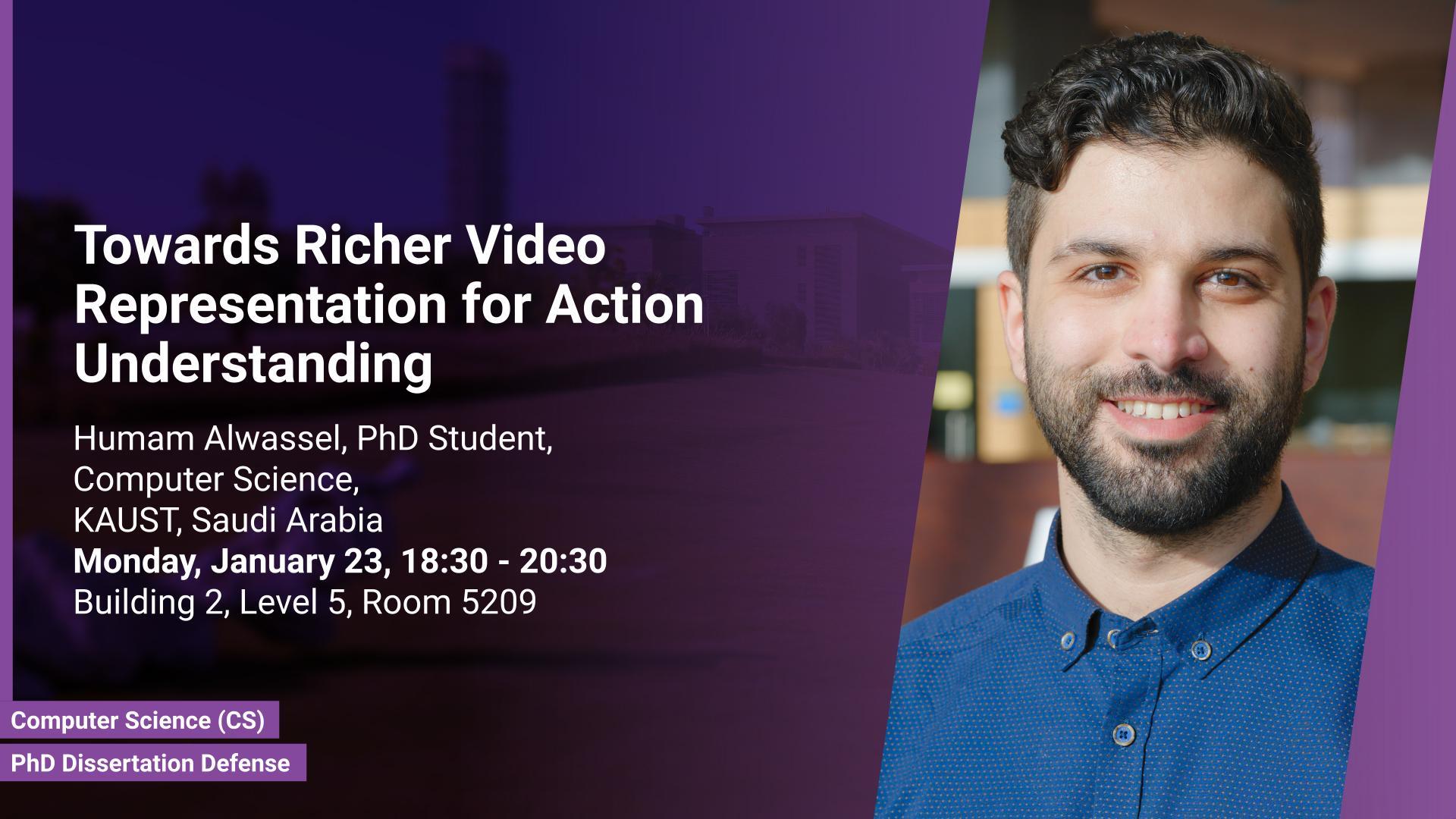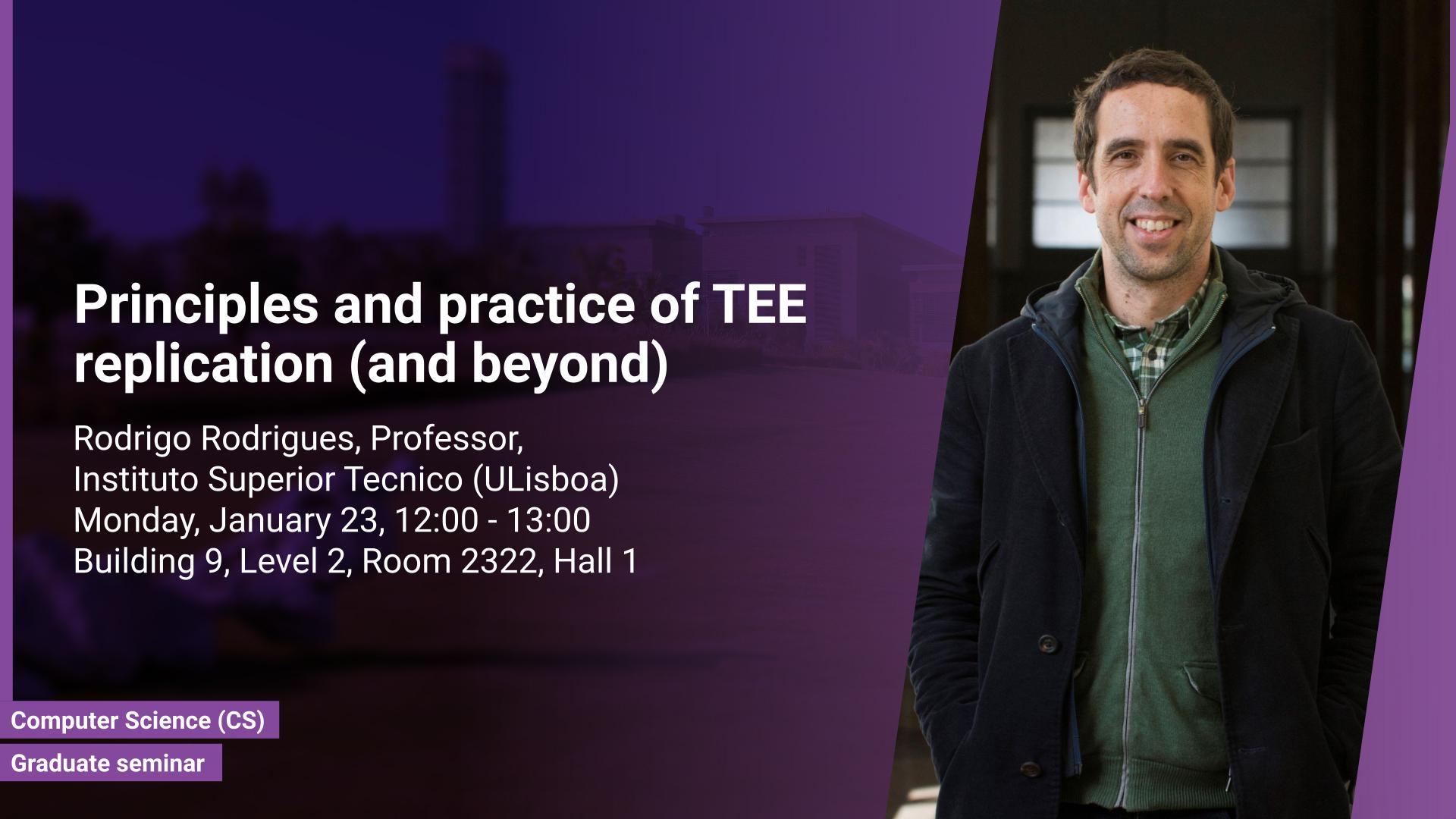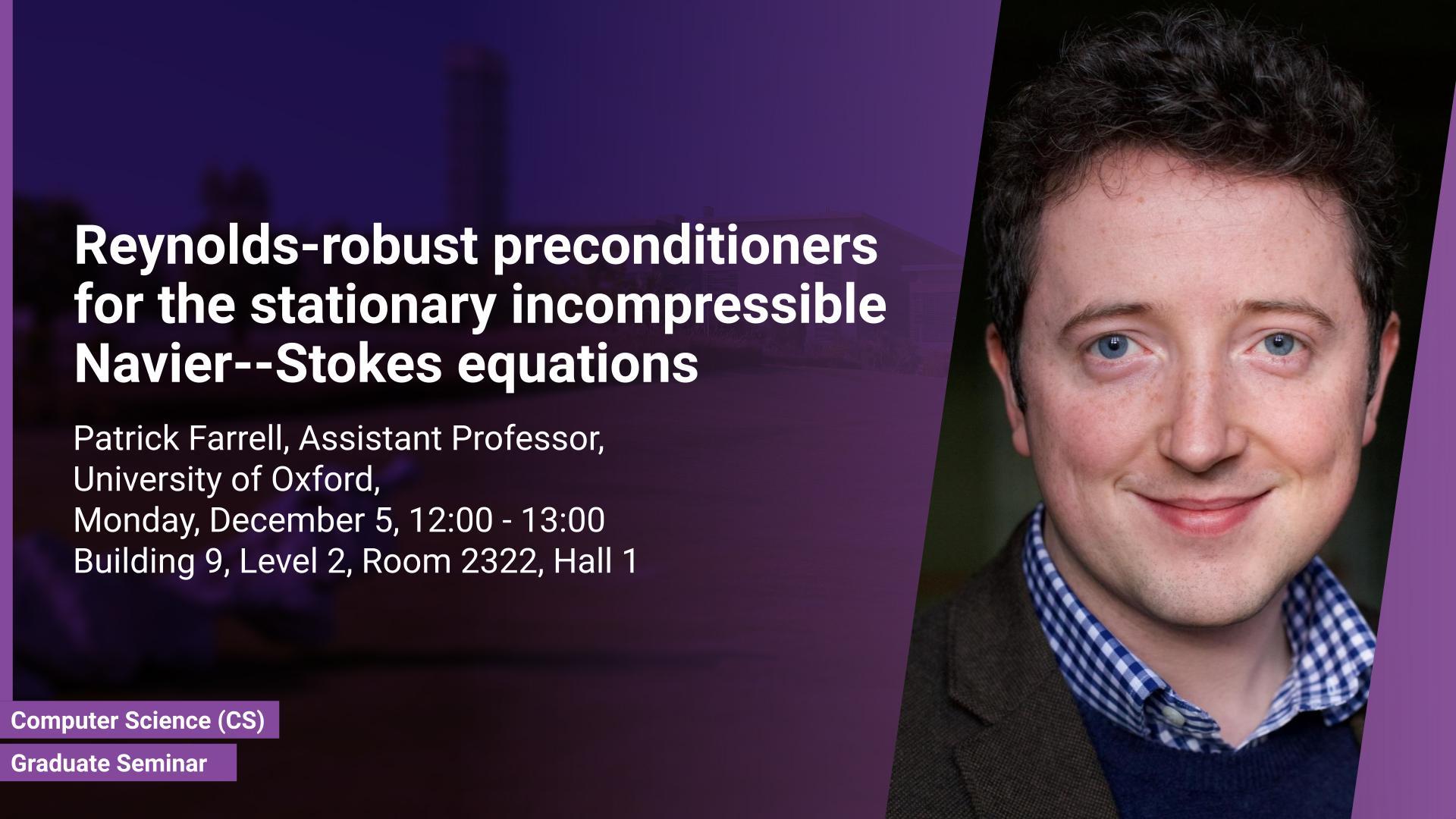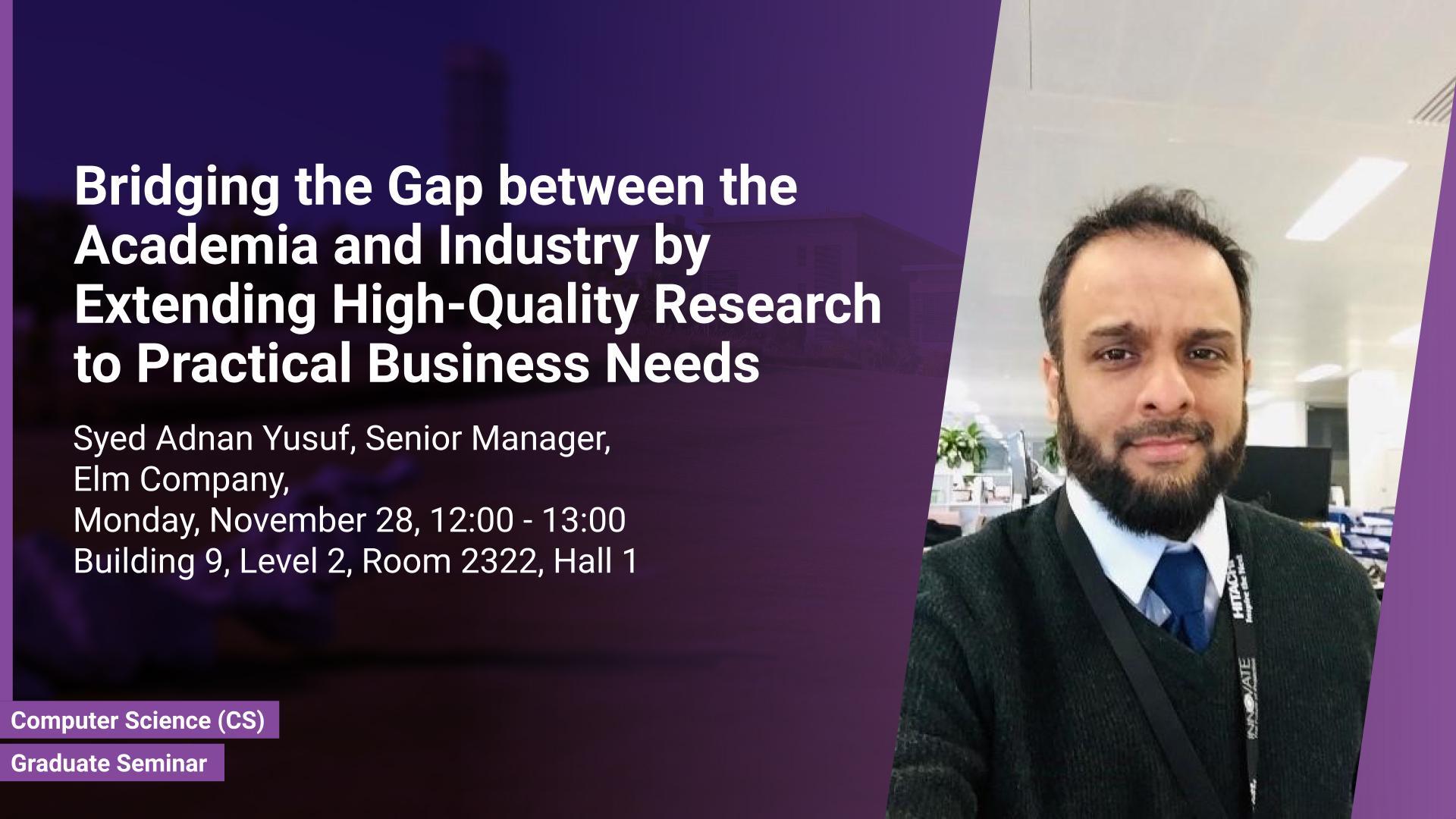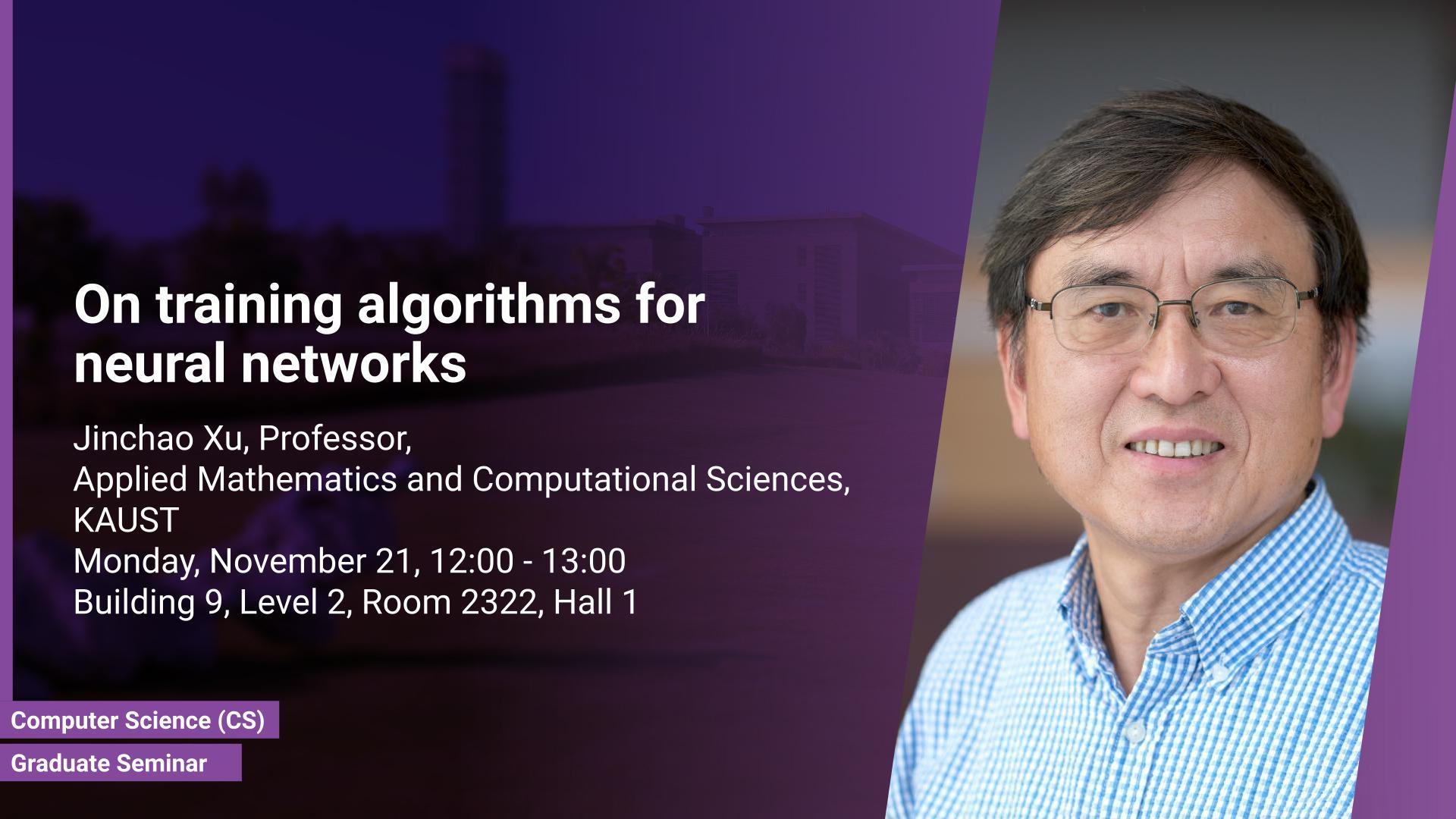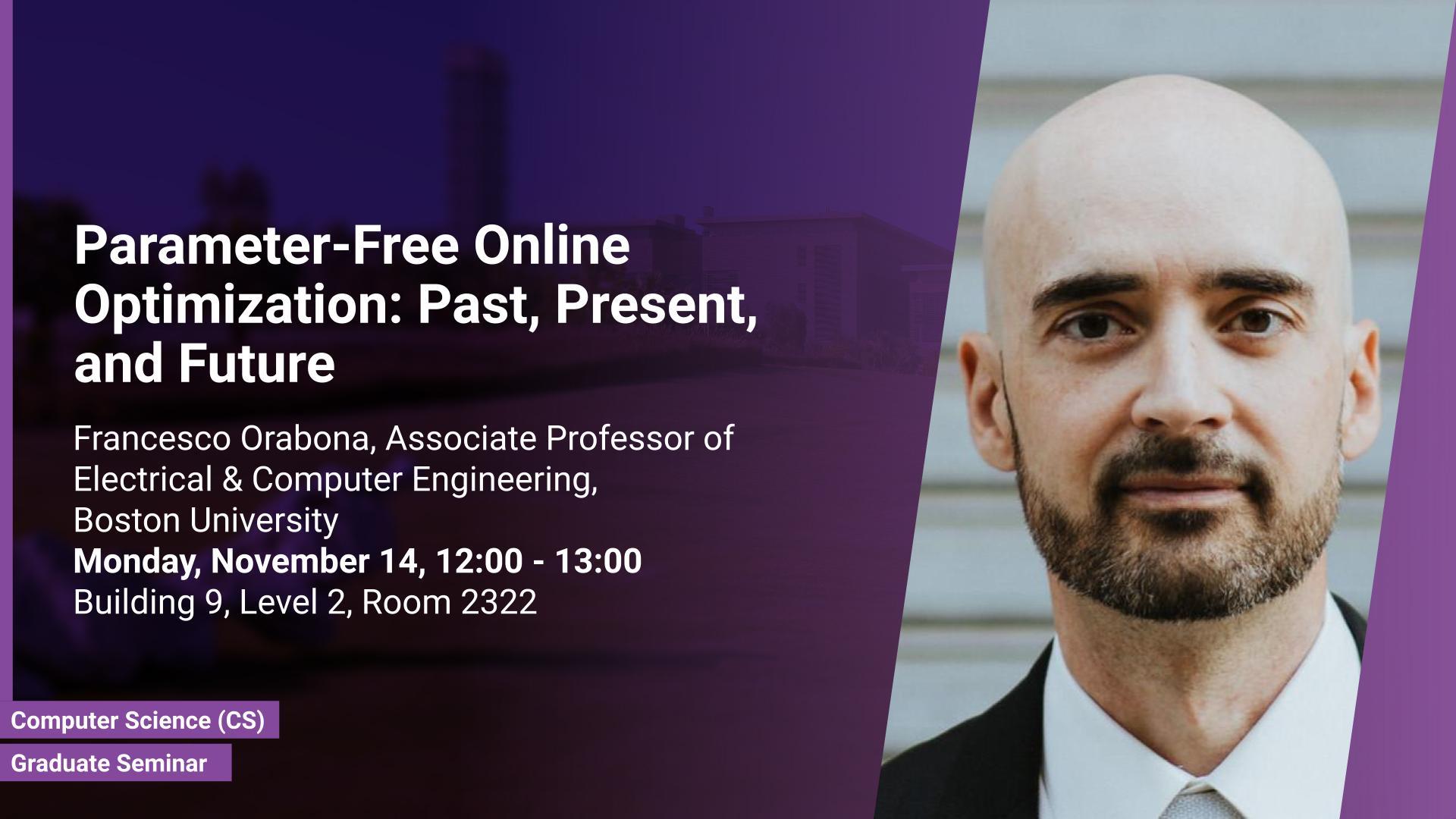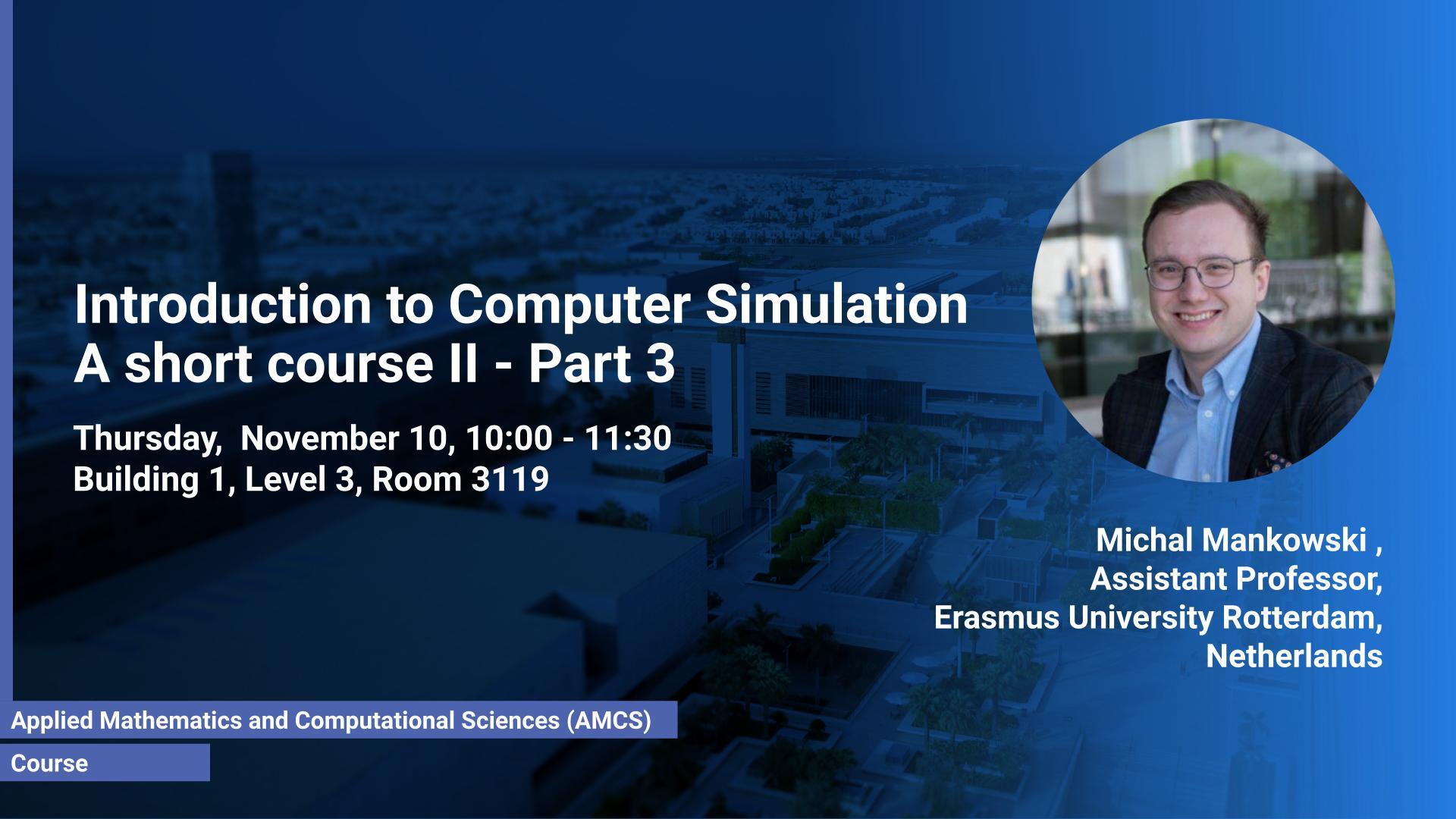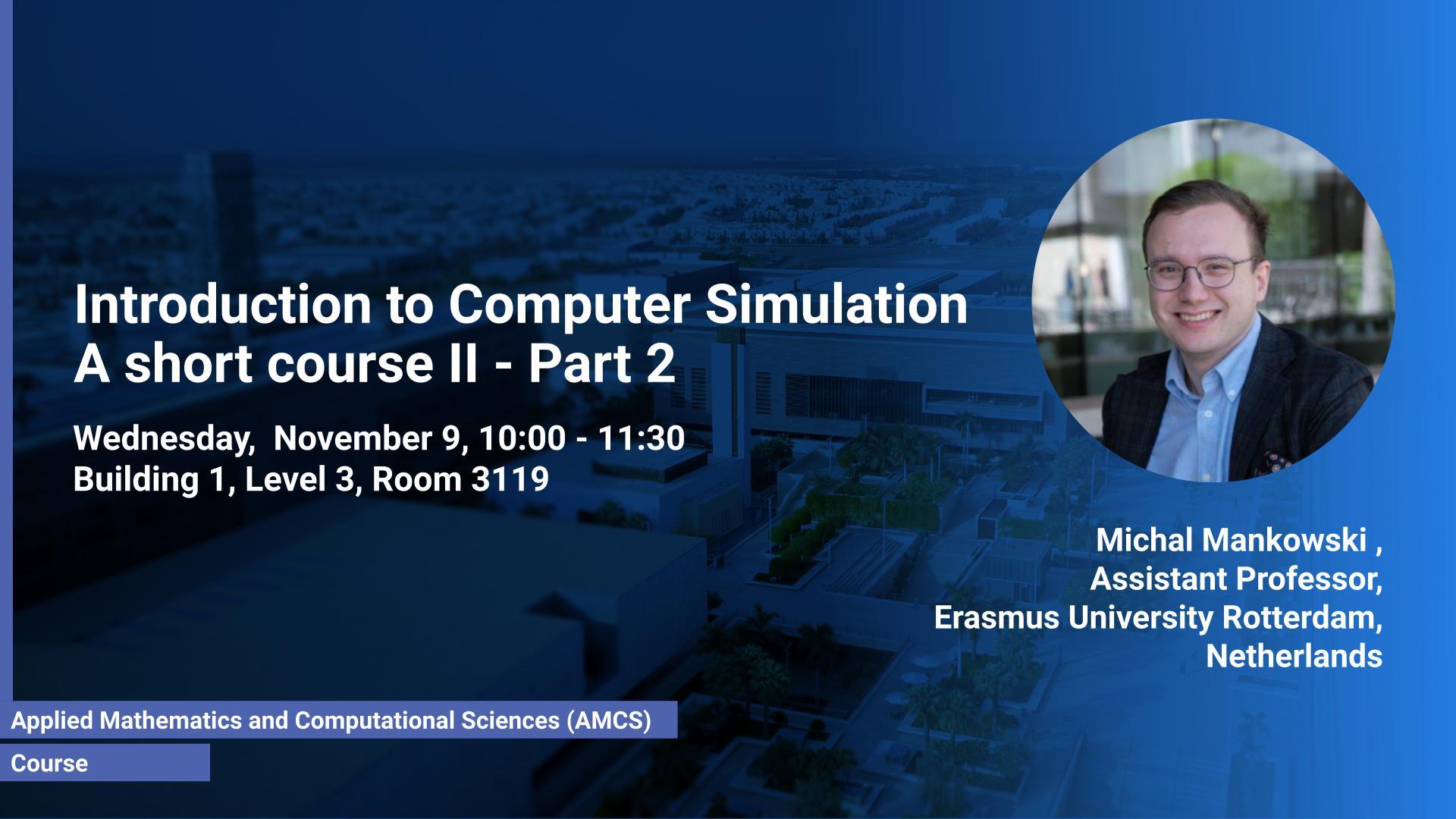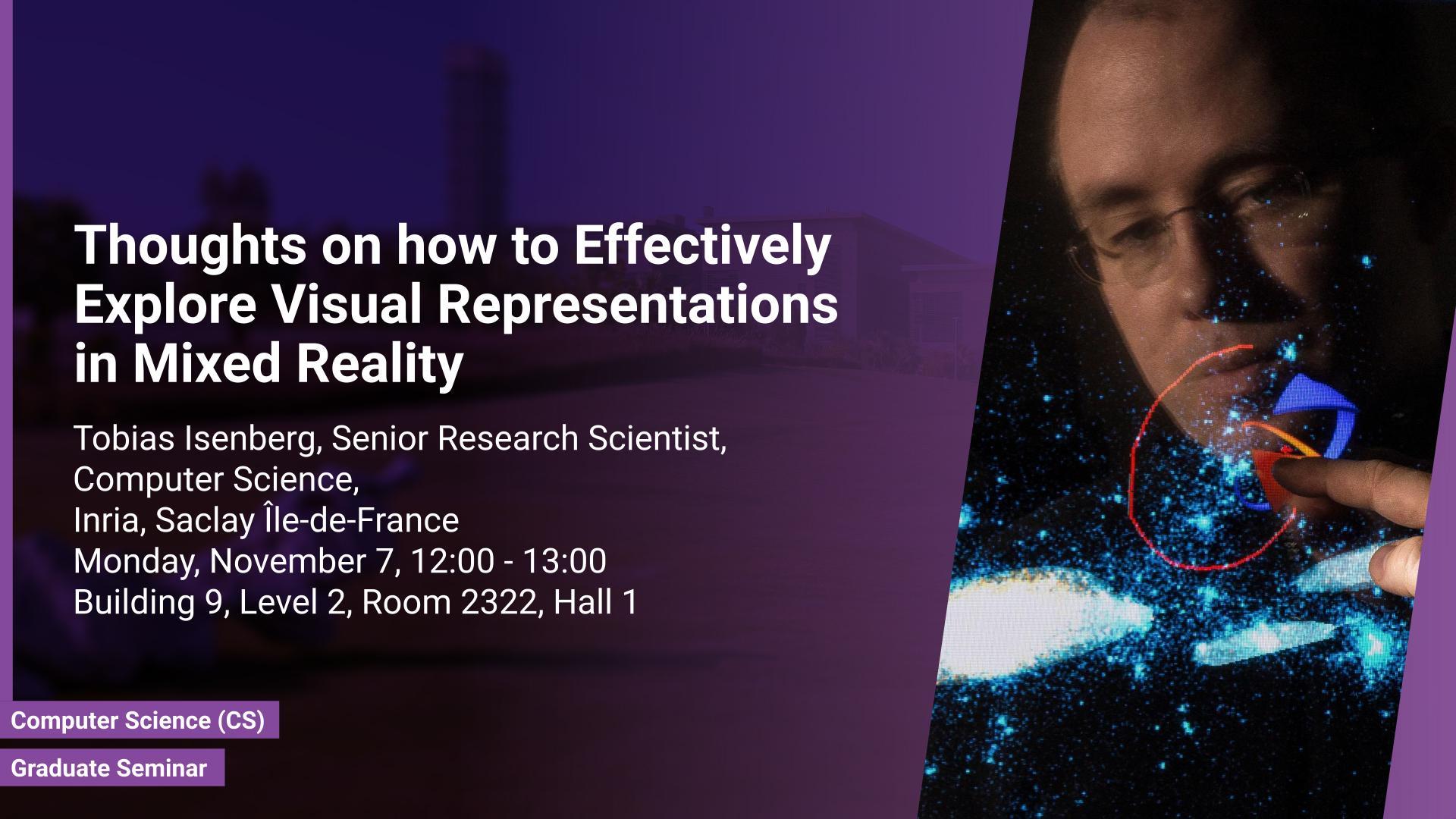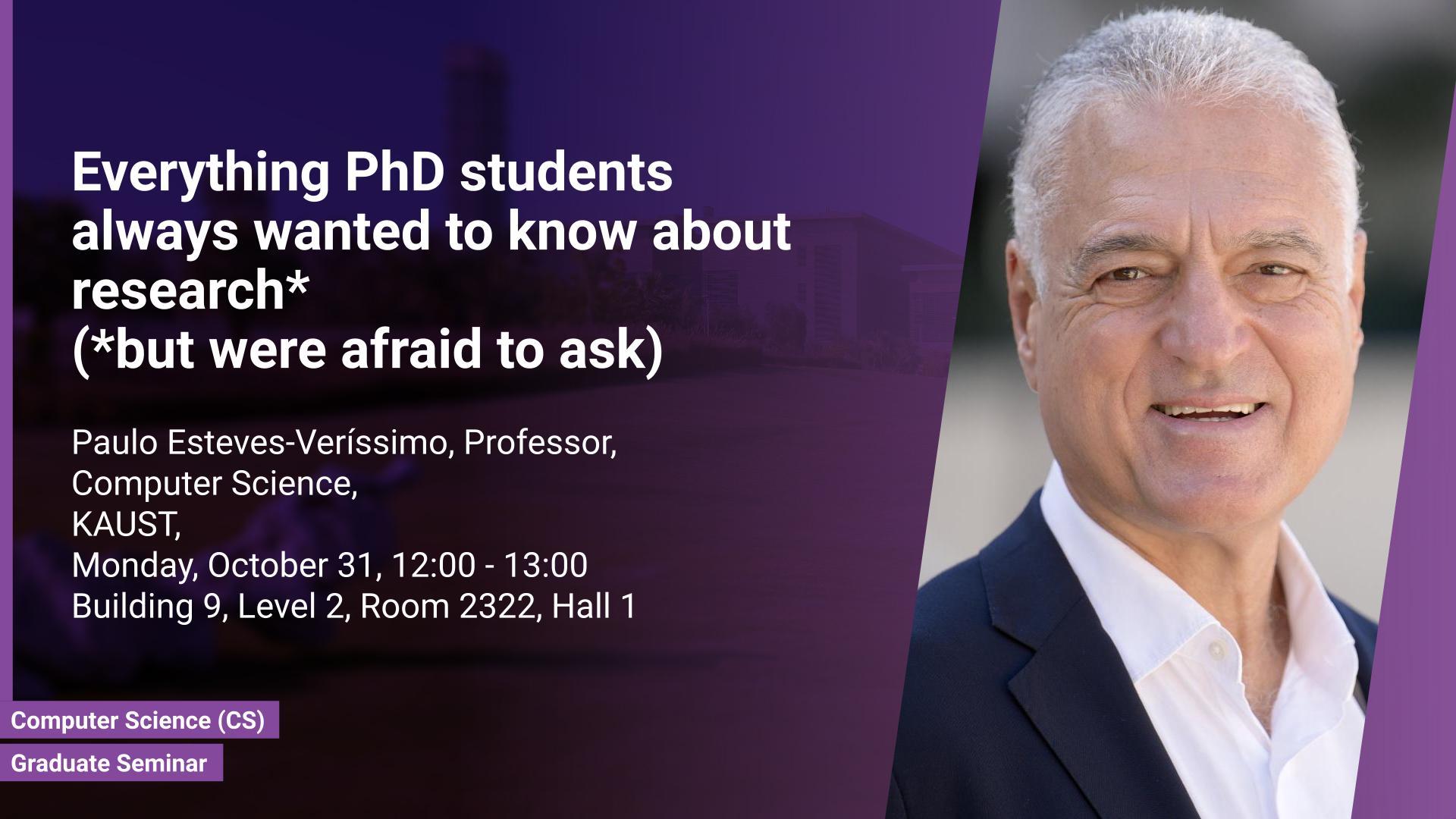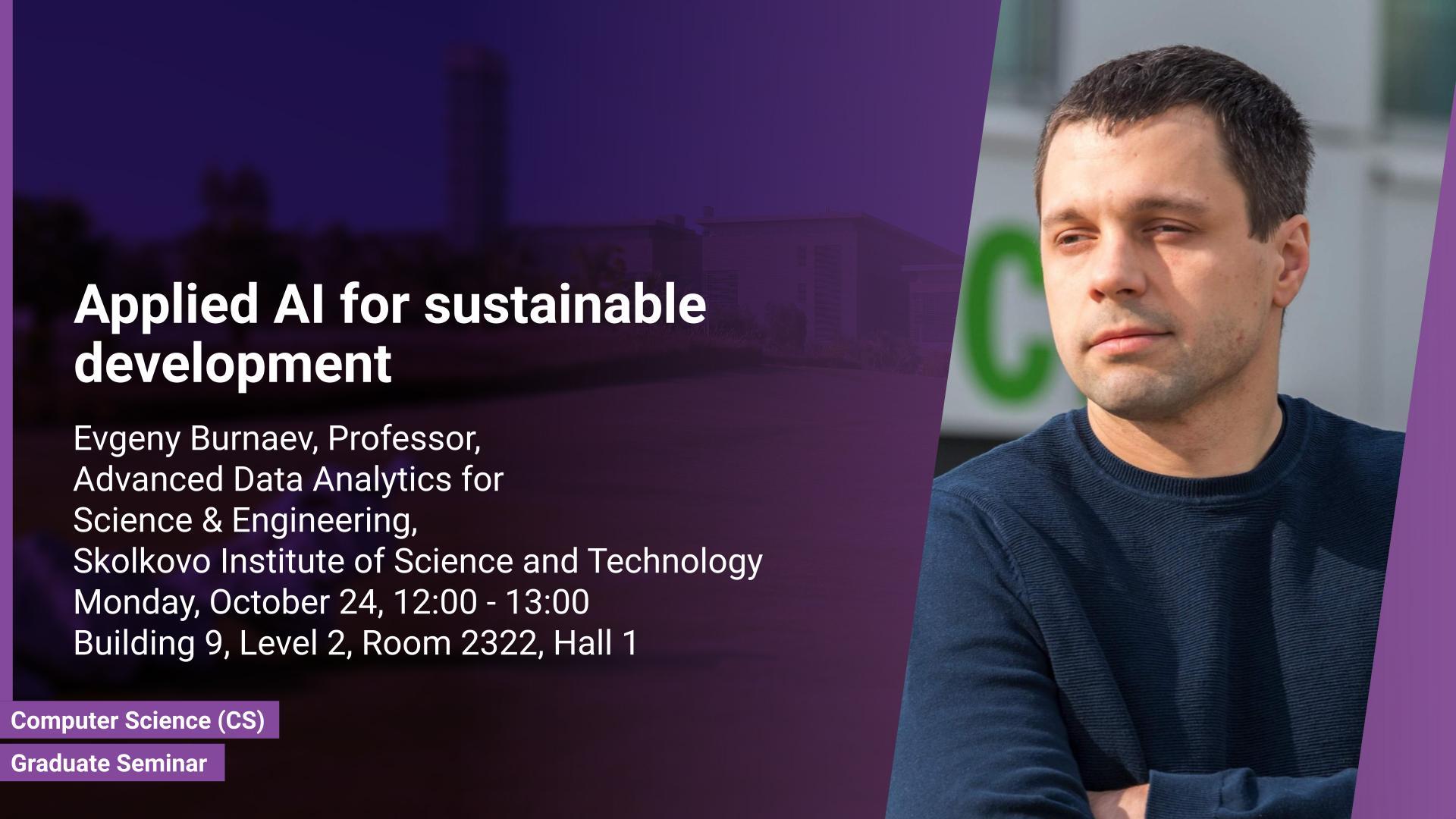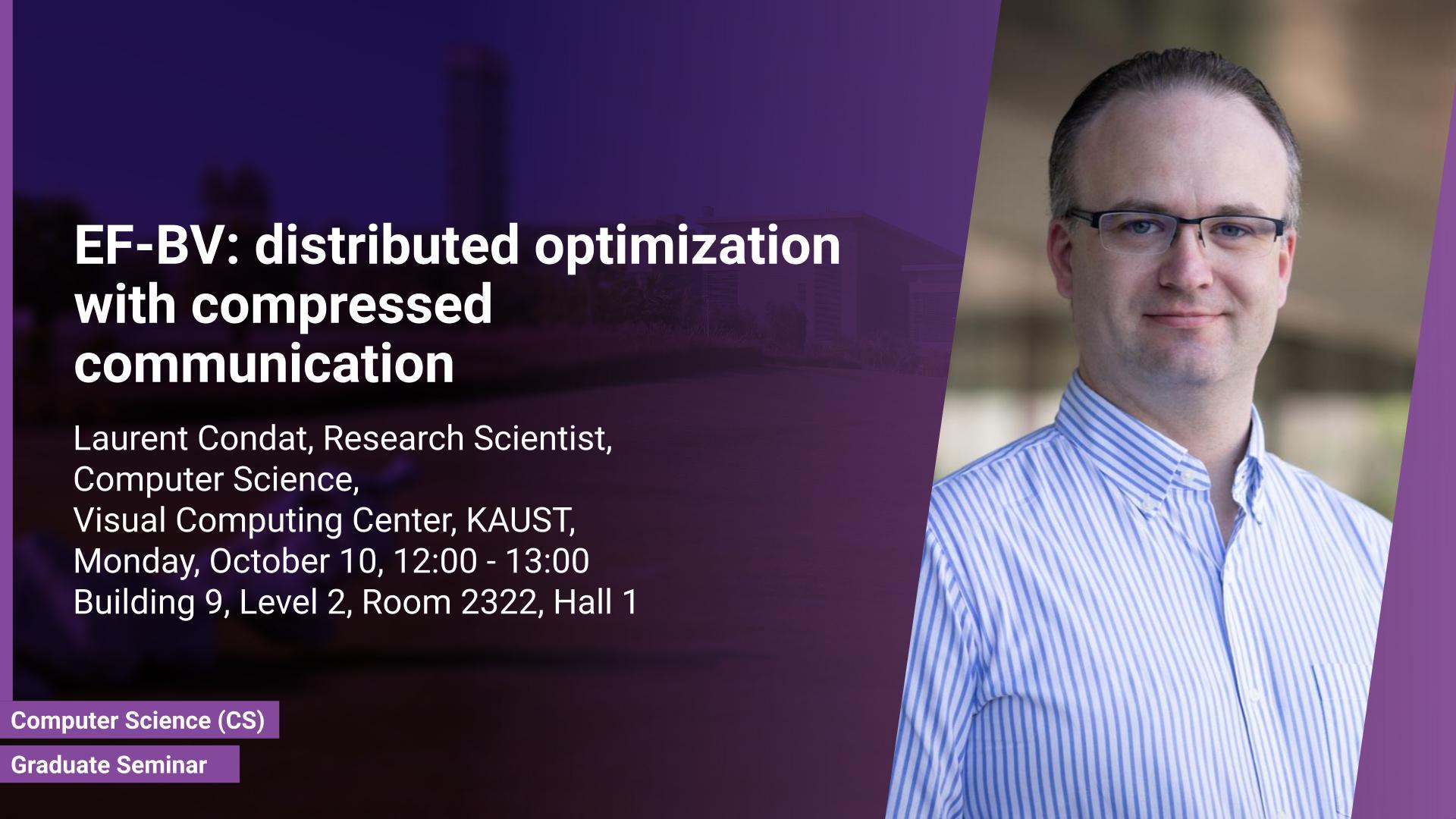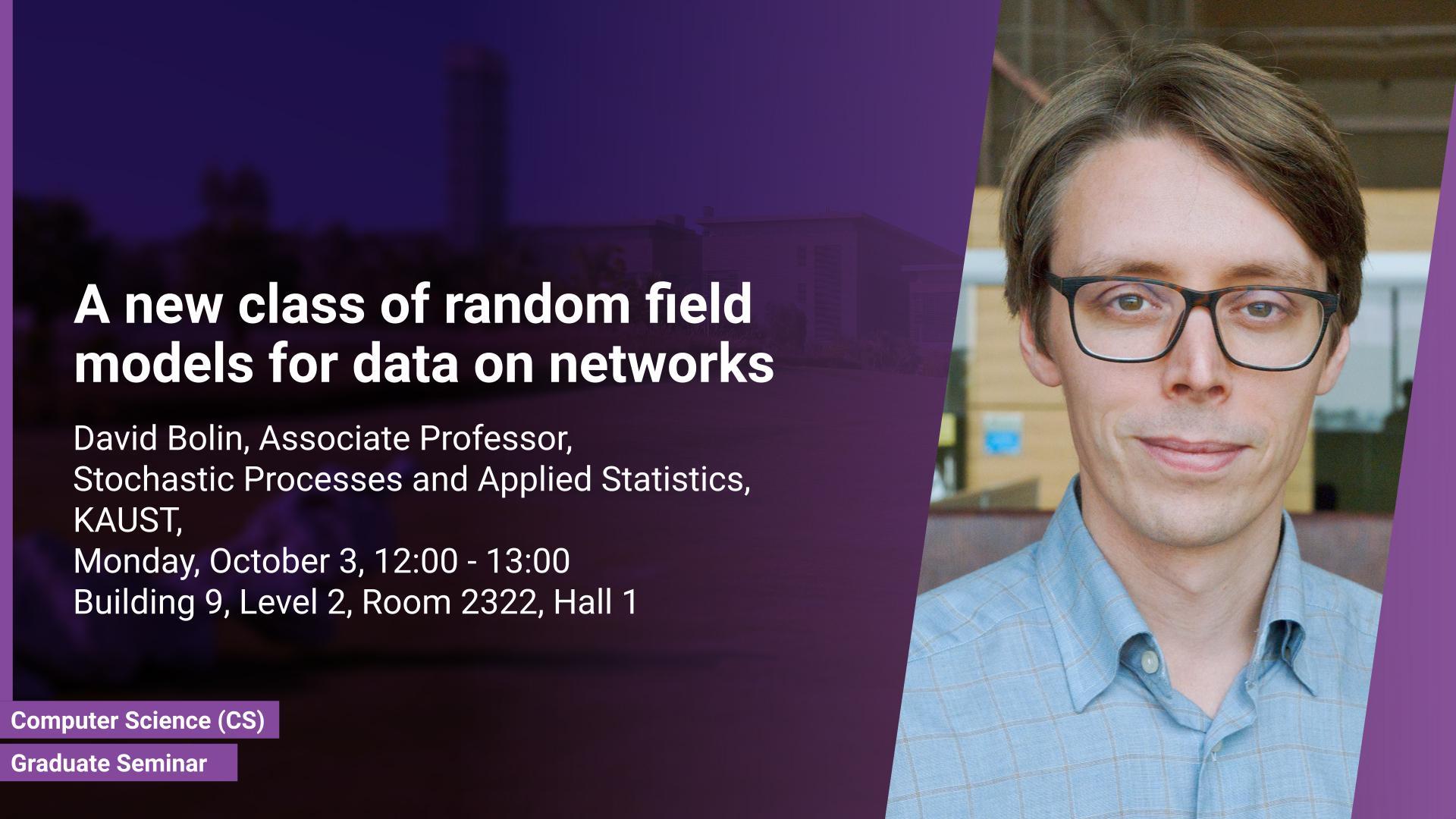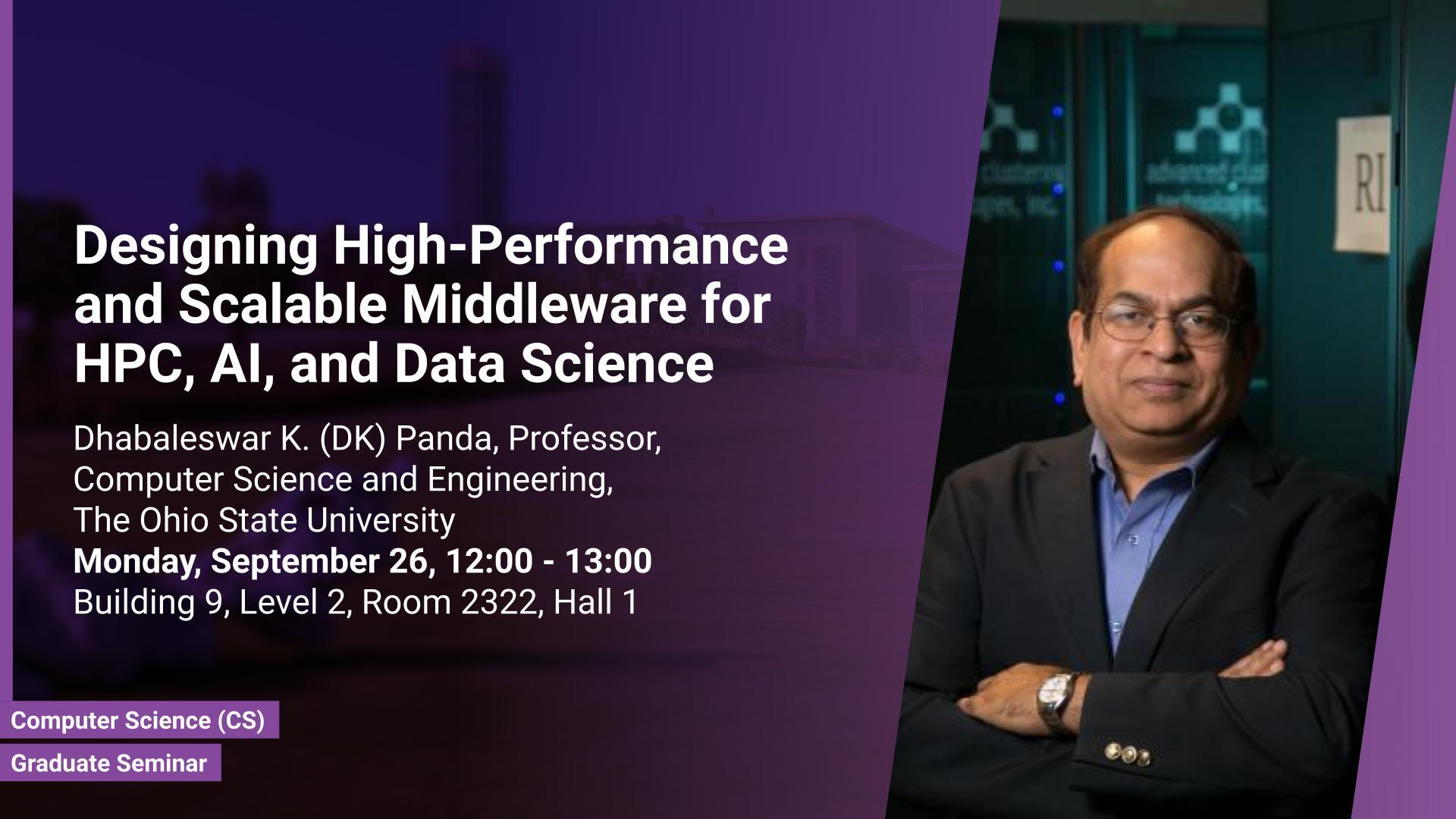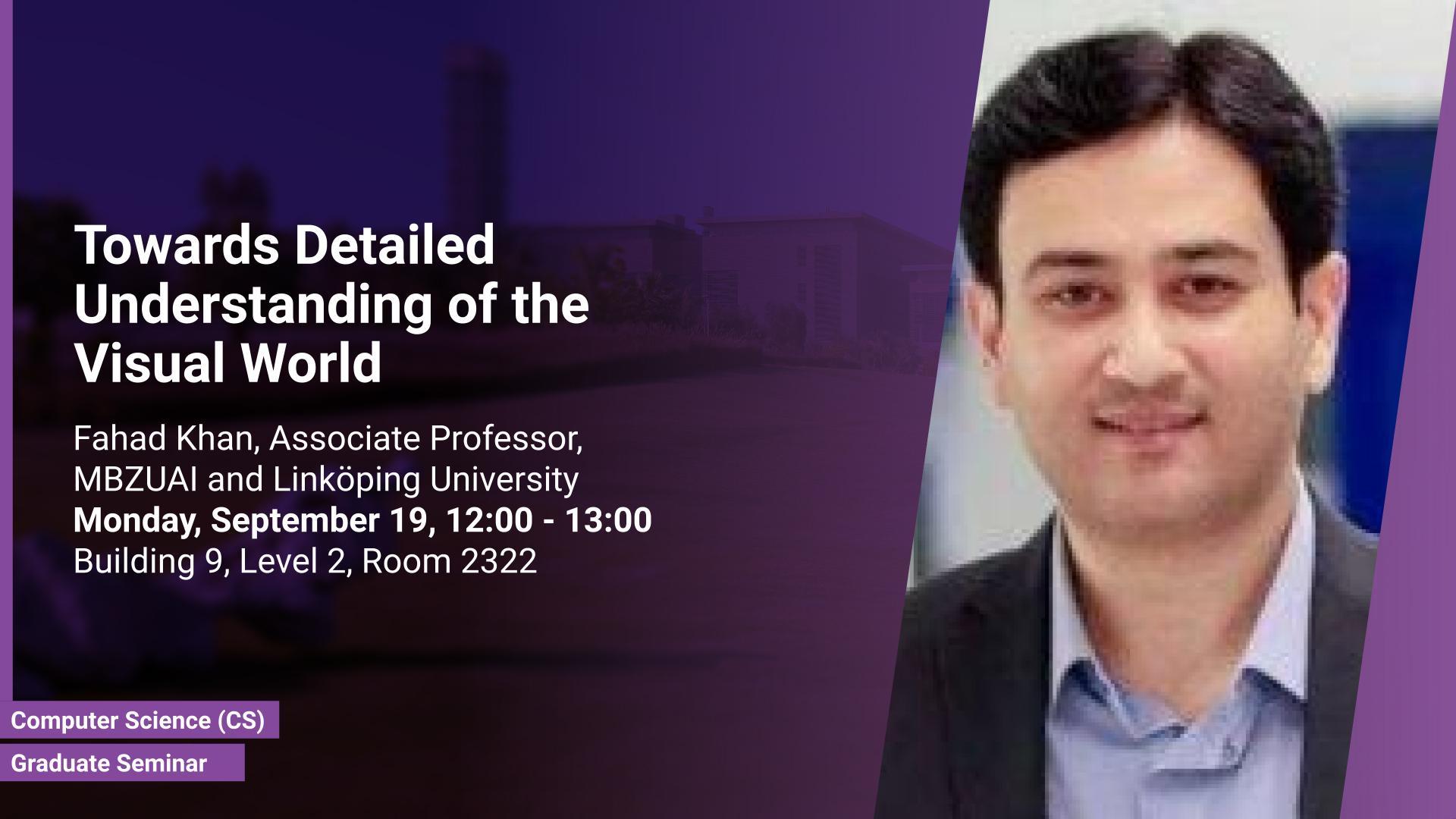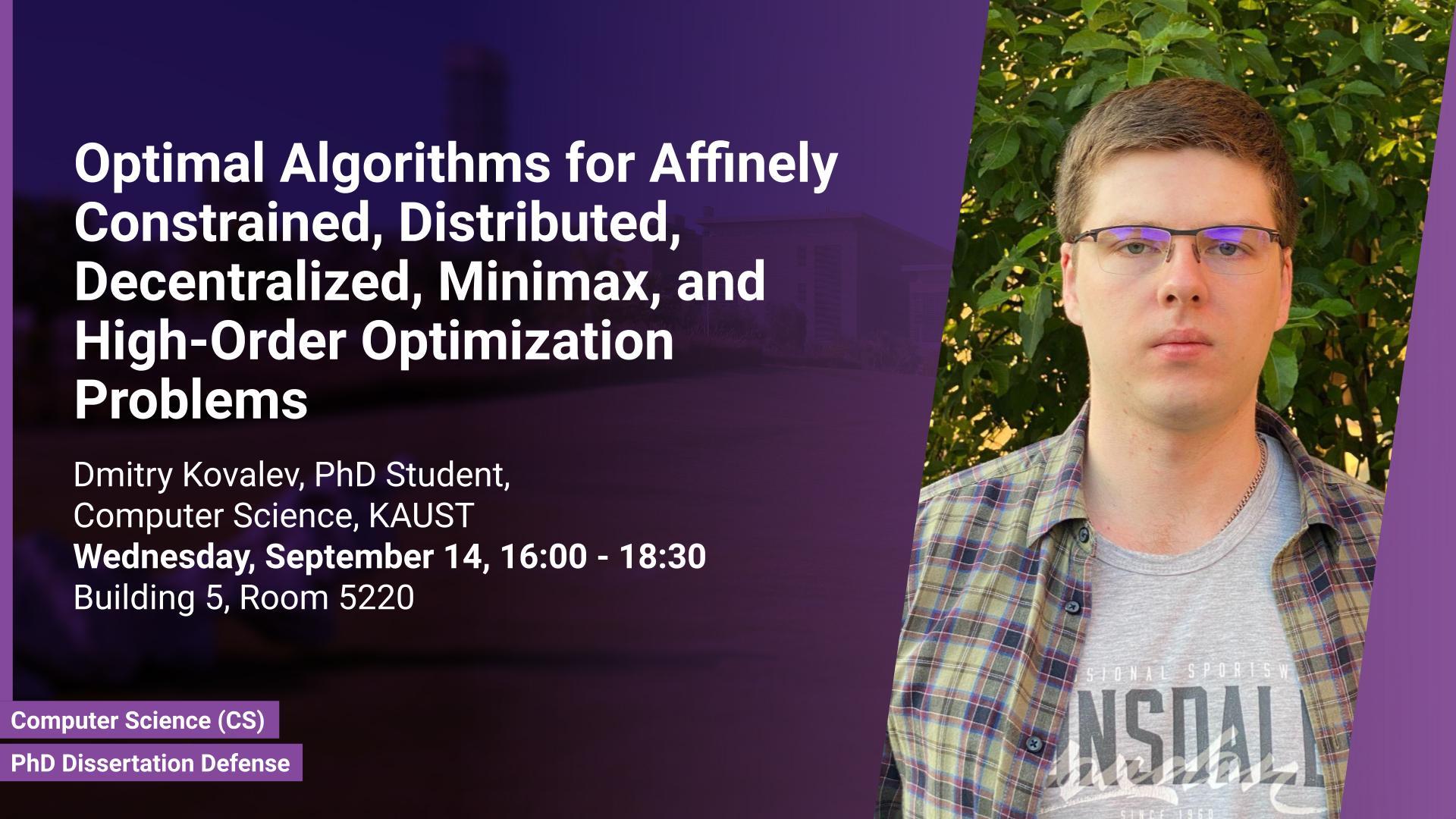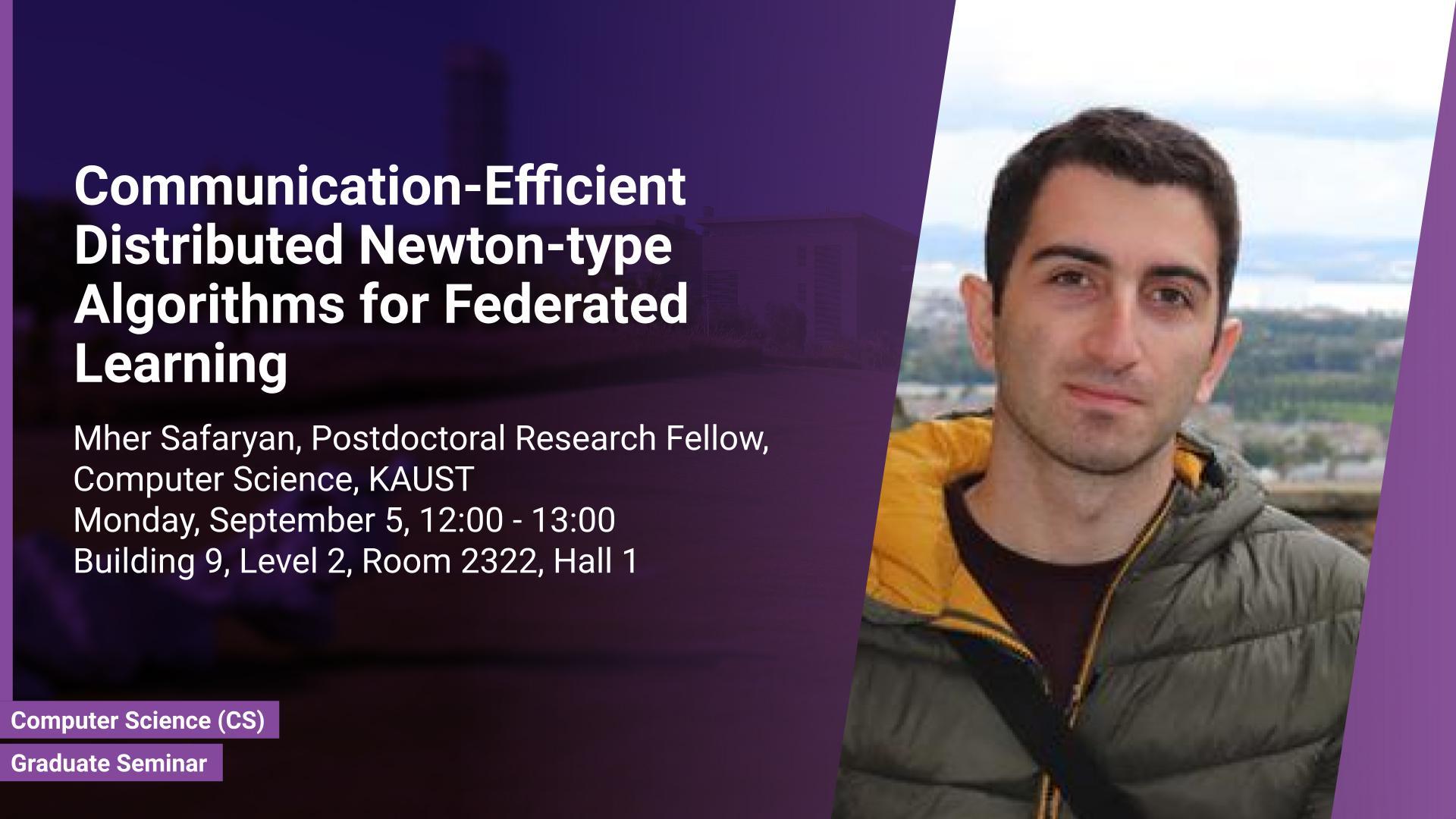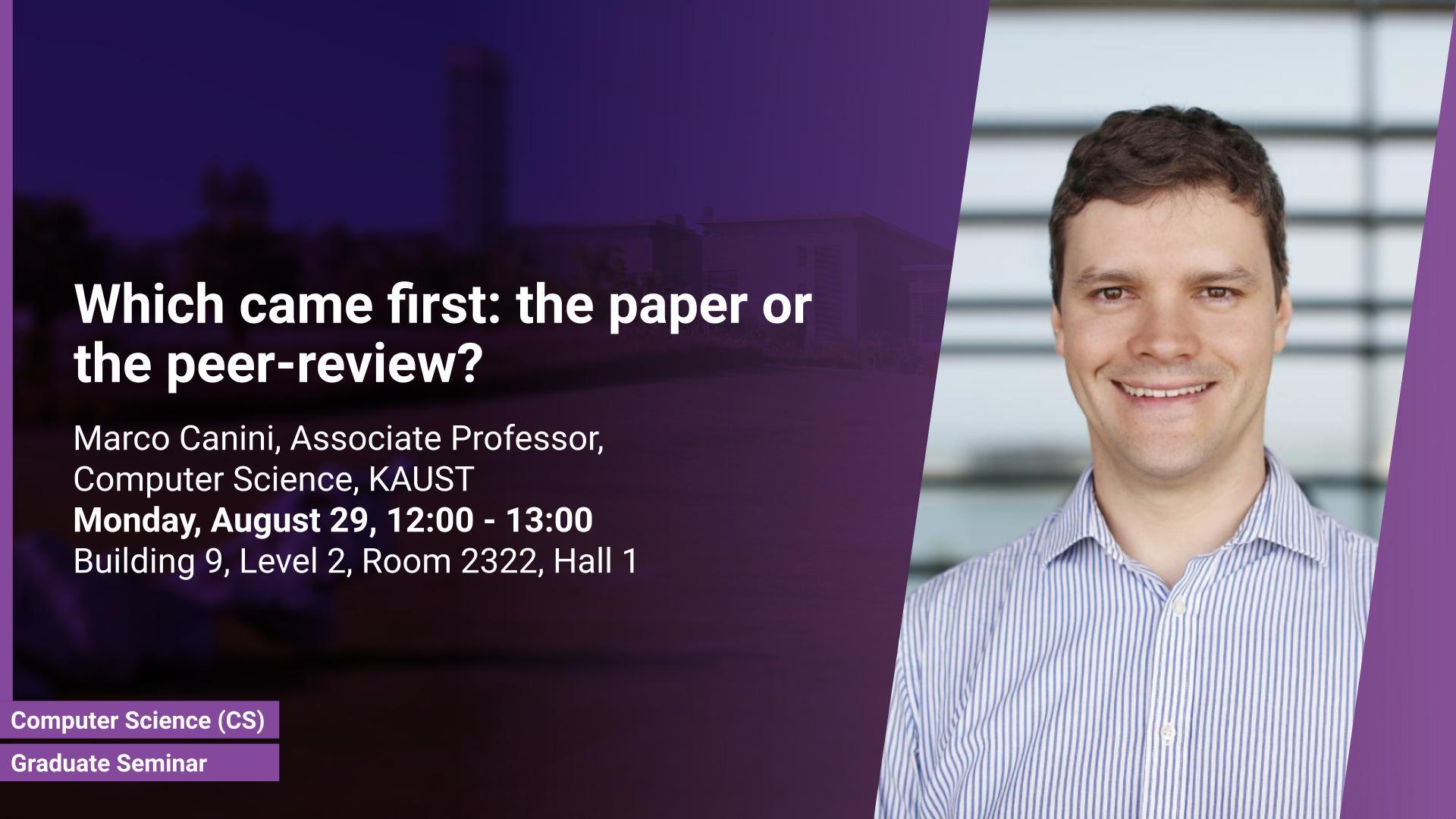Prof.Manolis Koubarakis, Informatics and Telecommunications, National and Kapodistrian University of Athens
Monday, March 06, 2023, 12:00
- 13:00
Building 9, Level 2, Room 2325, Hall 2
I will present a data science pipeline which starts with Earth observation data arriving in the ground segment of a satellite mission and ends with a complete user application. I will first briefly present all the tools my group has been developing since 2010 for supporting the various stages of the pipeline. Then, I will concentrate on the recently developed system Strabo 2 which can store big geospatial data encoded in RDF and query them using the Open Geospatial Consortium standard GeoSPARQL. Strabo 2 is the only parallel and distributed RDF store available today that can manage terabytes of geospatial data efficiently.
